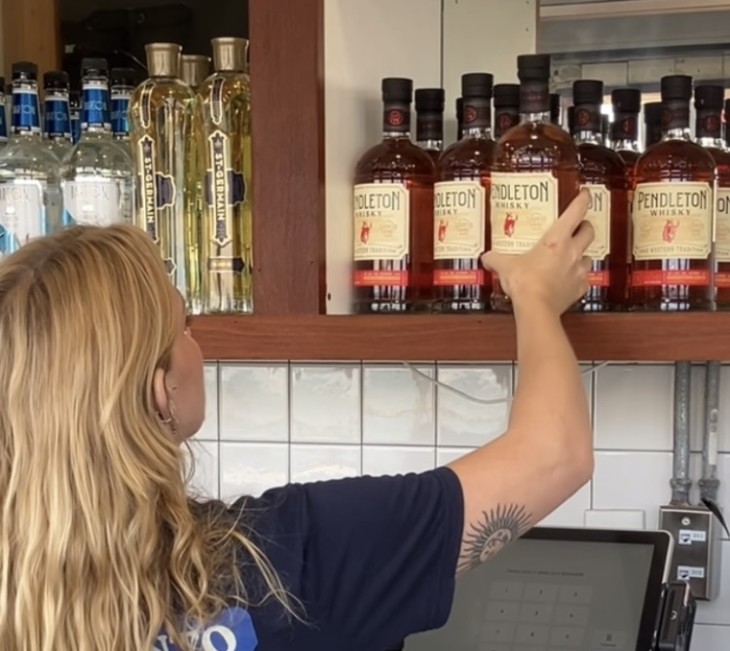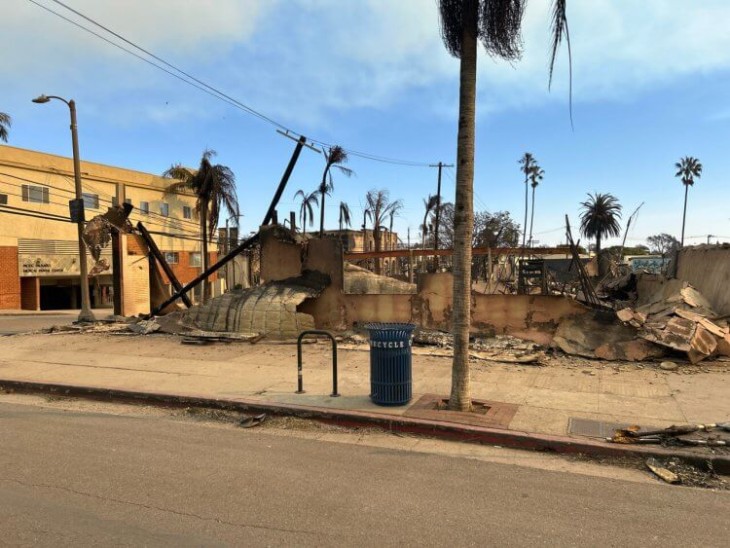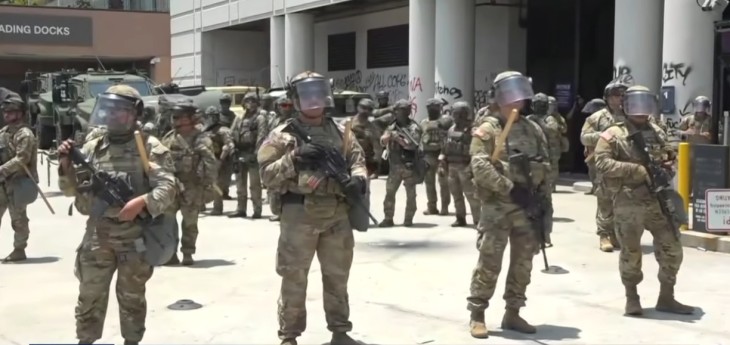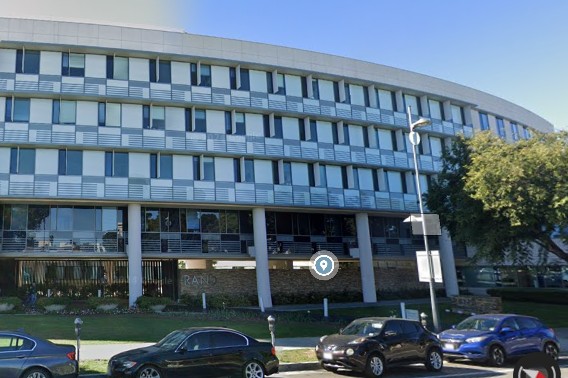Grief is something that can overwhelm you when you lose a loved one, no matter where you live. Your universe is suddenly drowning in a sense of loss, love, memories, sadness, and a realization of just how much you’re going to miss the one who’s gone. It can be incredibly difficult to focus on those pertinent decisions that need to be made.
Here’s a quick look at some of the decisions you’ll need to make and things you’ll need to do – in no certain order.
Write the Obituary
Writing an obituary can be a daunting task — especially if you’ve never written one before. You may not even have any idea how to write an obituary. The clergy, cremation provider, or people at a local Santa Monica funeral home can assist you with the structure, or you can look for examples in a Santa Monica newspaper or online.
Find Out About Any Final Expenses or Life Insurance Policy
If you aren’t sure if there’s a life insurance policy, there are a few things you can do. Try to go over the deceased’s bank statements to look for payments for a life insurance premium, contact their employer to find out if they had an employer sponsored one, and go through their email for any sort of communication from an insurance company. This is important to cover the cost of the final expenses. With certain types of policies, the face value would be double if they died from an accident as opposed to something like heat stroke. Check to see which type of policy they had.
Death Certificate
You’ll more than likely need several copies of this document. You can typically get them from the local or state health departments. A death certificate is often a necessity for financial institutions and banks, probate and attorneys. You’ll likely also need them for VA benefits, annuities, pensions, and life insurance benefits.
After the Services
In the time following the services for your loved one, it can be difficult to wade through the accounting, legal, and paperwork you’ll need to get through. It can be helpful if you’ll utilize a checklist and set dates for things to be done as this can help to keep you from procrastinating.
Credit Cards
Even though your loved one died, the credit card companies will still want their money. You need to figure out what is owed and prepare a settlement offer before contacting the credit card issuer. Once you present your settlement offer, they’ll let you know if that’s acceptable or not and if not, what they want. Take that information and negotiate until you agree.
Documents
You’ll also need to locate all of the pertinent documents for your loved one. This can include things like tax statements, birth certificates, and marriage or divorce decrees, bank account records, and others you might need. There’s a plethora of things these might be necessary for and it’s always best to have them on hand when you need them.
Keep in mind that these things shouldn’t be done alone. Settling the affairs of a family member isn’t a one-person job. You’ll definitely need some assistance from others, whether they’re professionals such as lawyers and CPAs, who’ll be able to advise you on legal and financial matters, or your circle of relatives and friends who can lend emotional support or do specific tasks. You’ll be able to take the lead when it comes to planning the funeral and then let the executor manage the financial aspect of things. Or, you might be the executor, which typically means that you’ll take over settling the estate and might spend months or years overseeing the associated paperwork. Either way, just remember that you’re not alone and don’t let it overwhelm you.

























